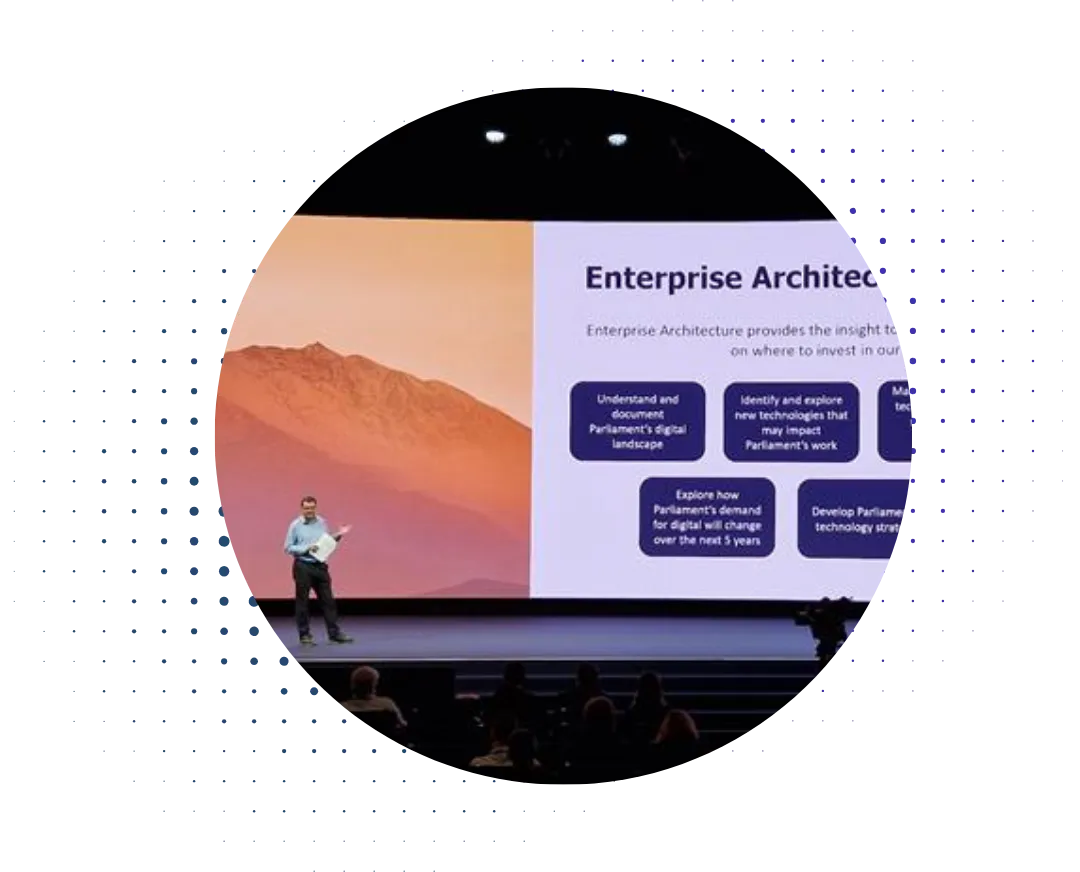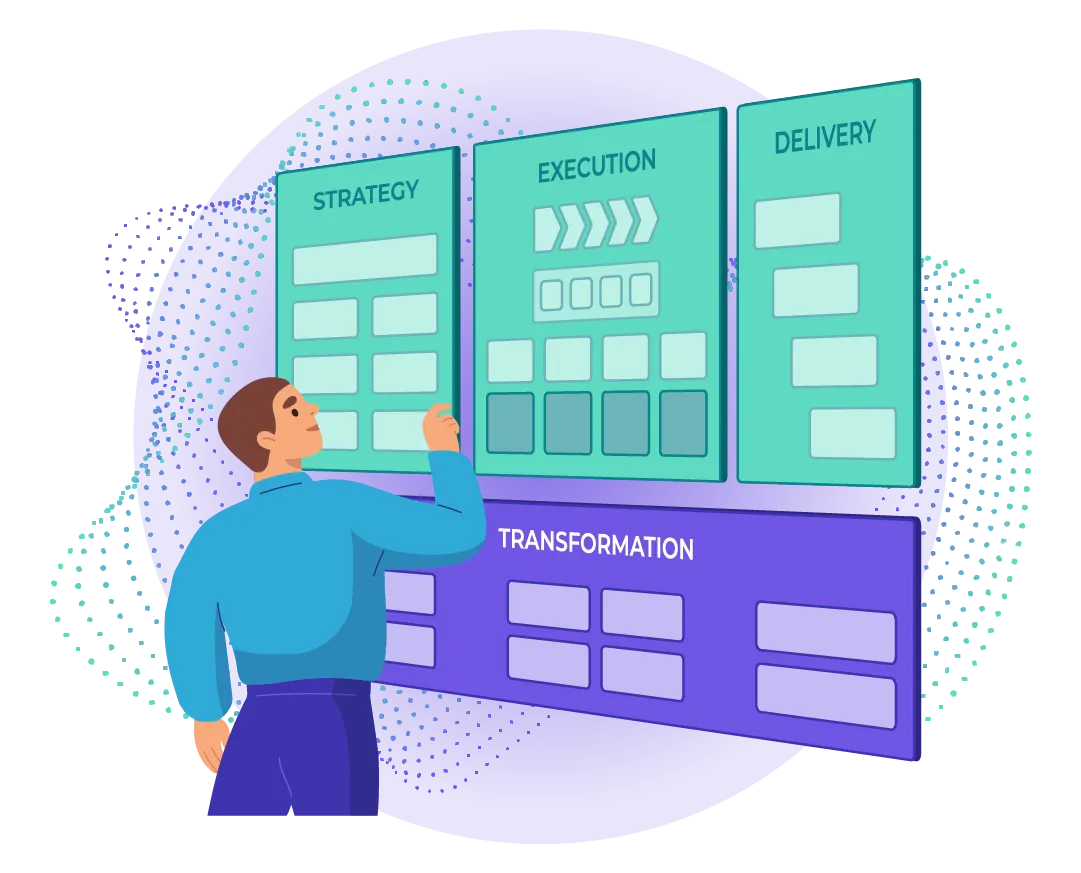Digital transformation has become a ubiquitous goal for businesses worldwide, but is it truly complete?
A recent Silicon UK article dives into this question, exploring how organizations are tackling persistent challenges while redefining strategies to remain competitive. Experts in the article emphasize that transformation is not a finite destination but an ongoing process that demands continuous evolution. From setting robust KPIs and prioritizing data management to redefining work and retaining top talent, the feature delves into the multifaceted nature of sustainable transformation. Orbus Software’s Vice President of Product Innovation Ed Granger contributed key insights to this discussion.
Indicators of digital transformation maturity
Ed explains that one key sign of digital transformation maturity is the evolution of organizational roles. He notes the rise of dedicated digital transformation positions, with Chief Operating Officers (COOs) taking on more technology integration responsibilities, while Chief Information Officers (CIOs) transition into strategic, business-oriented roles. This shift reflects a departure from the past, where IT was considered primarily a service provider.
Additionally, the creation of roles such as process automation experts, low-code developers, and data scientists demonstrates how deeply transformation efforts are integrated into modern businesses. However, Ed cautions that smaller businesses may face challenges in adapting to these changes due to limited resources and talent availability, even though their inherent agility often gives them a competitive edge.
The building blocks of continuous transformation
The article underscores other key drivers of successful transformation:
- Longevity and adaptability: McKinsey highlights the importance of viewing transformation as a continuous effort and establishing robust, repeatable processes to maintain competitive advantage.
- KPIs for success: Rimini Consult emphasizes the critical role of clear metrics in aligning transformation goals with business strategies.
- Data strategies: Ordinance Survey highlights the importance of data management and security in unlocking the full potential of transformation.
- Talent and redefining work: Retaining skilled talent and innovating workflows through automation and hybrid models are essential to thriving in a competitive landscape.
Read the full feature on Silicon UK



.webp)


